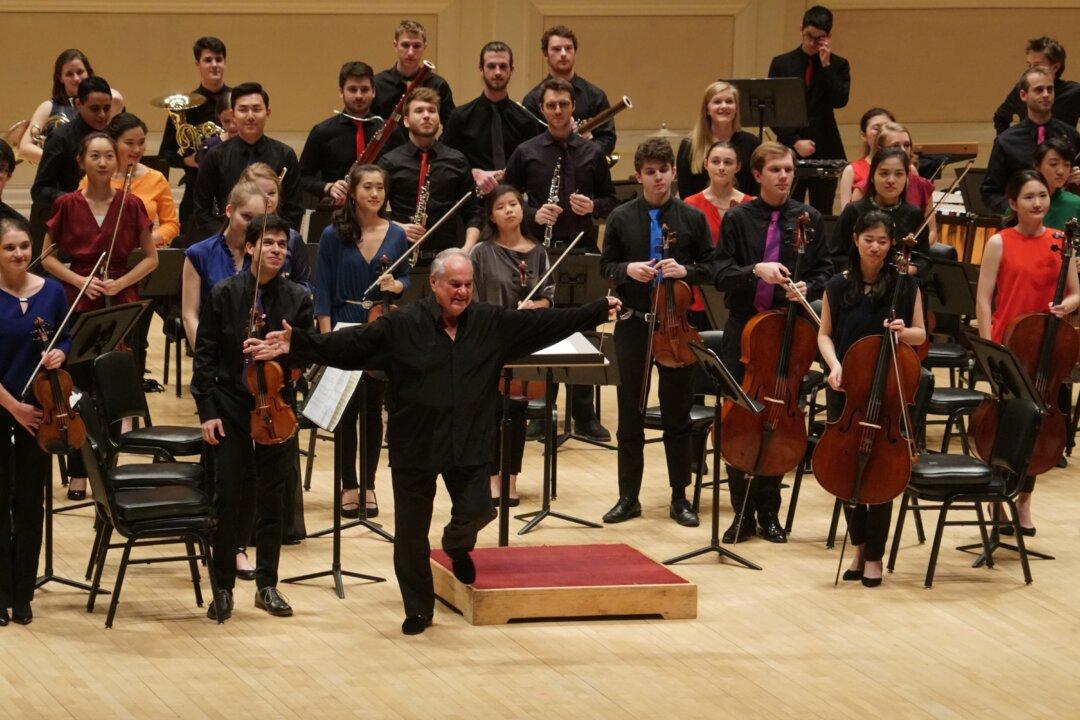With the holiday season in full swing, performing arts traditions abound in the city. This Christmas, the New York String Orchestra Seminar turns 50, celebrating half a century of mentoring talented young artists and giving them a boost onto the world stage.
Where else can you find an alumni list that includes so many of the most recognizable names in classical music? Among them are Yo Yo Ma, Gil Shaham, Anne Akiko Meyers, and David Finckel, and there is a good reason for that.






